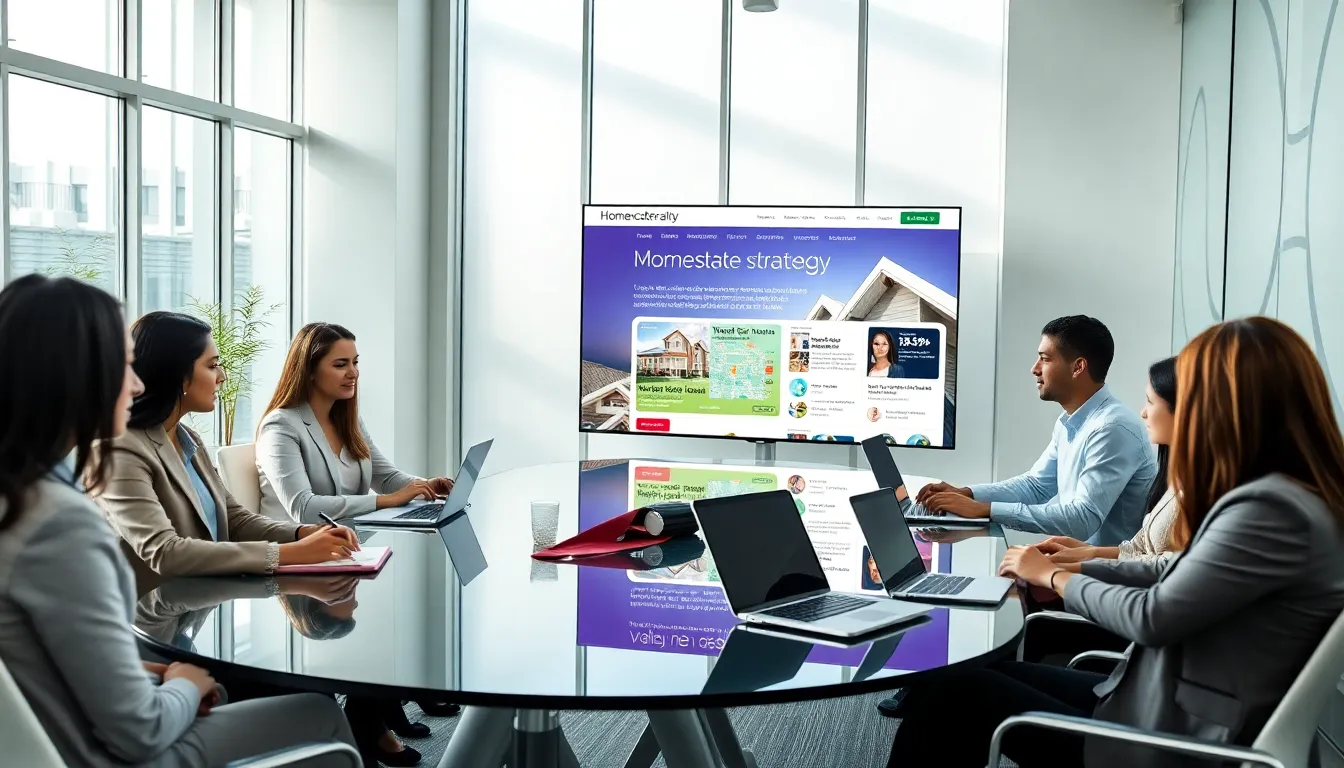In the fast-paced world of real estate, every email carries the weight of a deal waiting to happen. But who knew that a simple email could be the key to unlocking doors to new opportunities? Homerocketrealty is changing the game, making email a powerful tool for agents and clients alike. Let’s jump into the nuances of this vibrant communication tool and how you can make the most out of it. Spoiler alert: It won’t just be boring old text in your inbox.
Table of Contents
ToggleUnderstanding Homerocketrealty

Company Overview
Homerocketrealty stands out in the crowded marketplace of real estate agencies. Founded with the mission to simplify home buying and selling, it combines technology with exceptional customer service. The brand has gained traction among tech-savvy buyers and sellers, leveraging its innovative tools to enhance the real estate experience.
Services Offered
From helping first-time buyers navigate the complexities of purchase processes to providing comprehensive property listings, Homerocketrealty offers a variety of services. These include virtual tours, real-time market analysis, and personalized consultations. Their tech-driven approach allows clients to access indispensable resources, making decisions easier and faster.
Target Audience
Key Features of Email Communication
In the world of real estate, email remains a stalwart form of communication. Its ability to reach clients directly and provide a personal touch cannot be underestimated. The ease of sending documents, property listings, or promotional materials makes email a favored method for agents.
Importance of Email in Real Estate
Emails allow agents to establish rapport and stay top-of-mind with potential clients. They can share valuable insights, market trends, and property updates at a moment’s notice. In a sector where timing is crucial, email communication often spells the difference between a successful meeting and a missed opportunity.
Effective Email Practices for Real Estate Agents
Crafting a Compelling Subject Line
Crafting a compelling subject line is the first step in ensuring an email gets opened. Consider something specific that piques curiosity, like “Your Future Home Awaits.” Subject lines are like the appetizers of a meal: they need to entice and compel the reader to want more.
Personalizing Your Email Content
Personalization fosters connections. Addressing clients by their first names or referencing past interactions can make emails feel more tailored and relevant. Including specific property interests or market insights shows clients that their needs and preferences are being listened to and understood.
Following Up and Nurturing Leads
Best Practices for Email Campaigns
Following up is senior to your initial outreach. A simple check-in can encourage potential buyers to engage. Consider setting a reminder for follow-up emails, ensuring they are sent within a reasonable timeframe, like a week after initial contact. Consistency in communication builds trust and keeps your name fresh in their minds.
Analyzing Email Performance Metrics
To perfect your email practices, analyze key performance metrics. Open rates, click-through rates, and bounce rates provide valuable insights into what’s working and what isn’t. By understanding these metrics, agents can refine their strategies and create more effective email campaigns.



